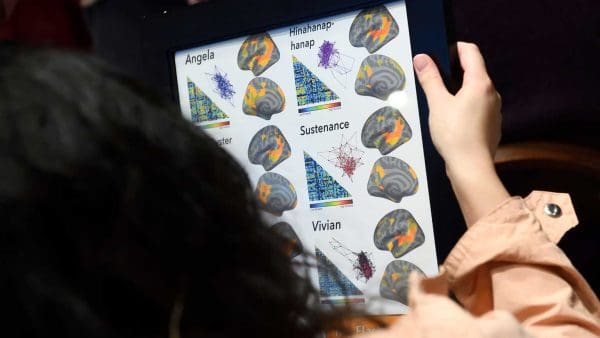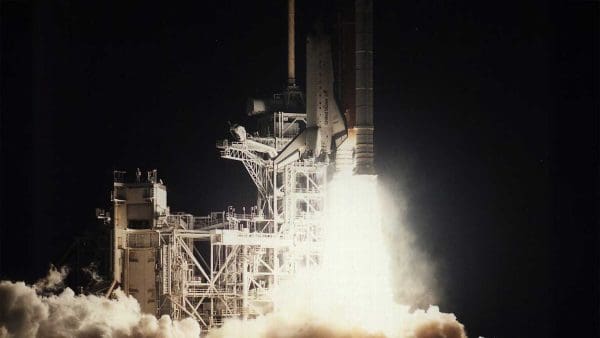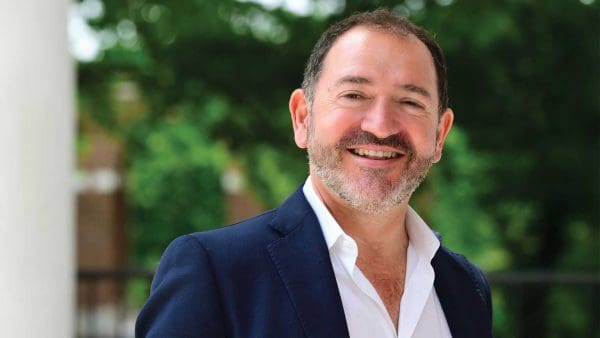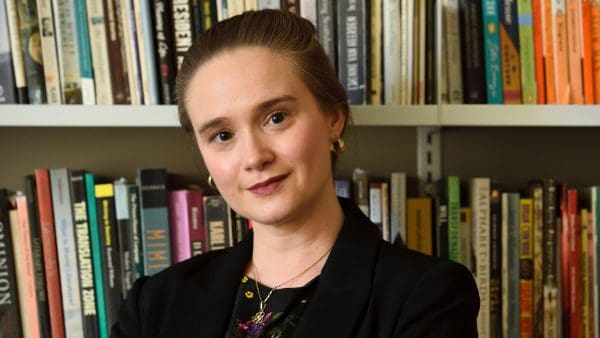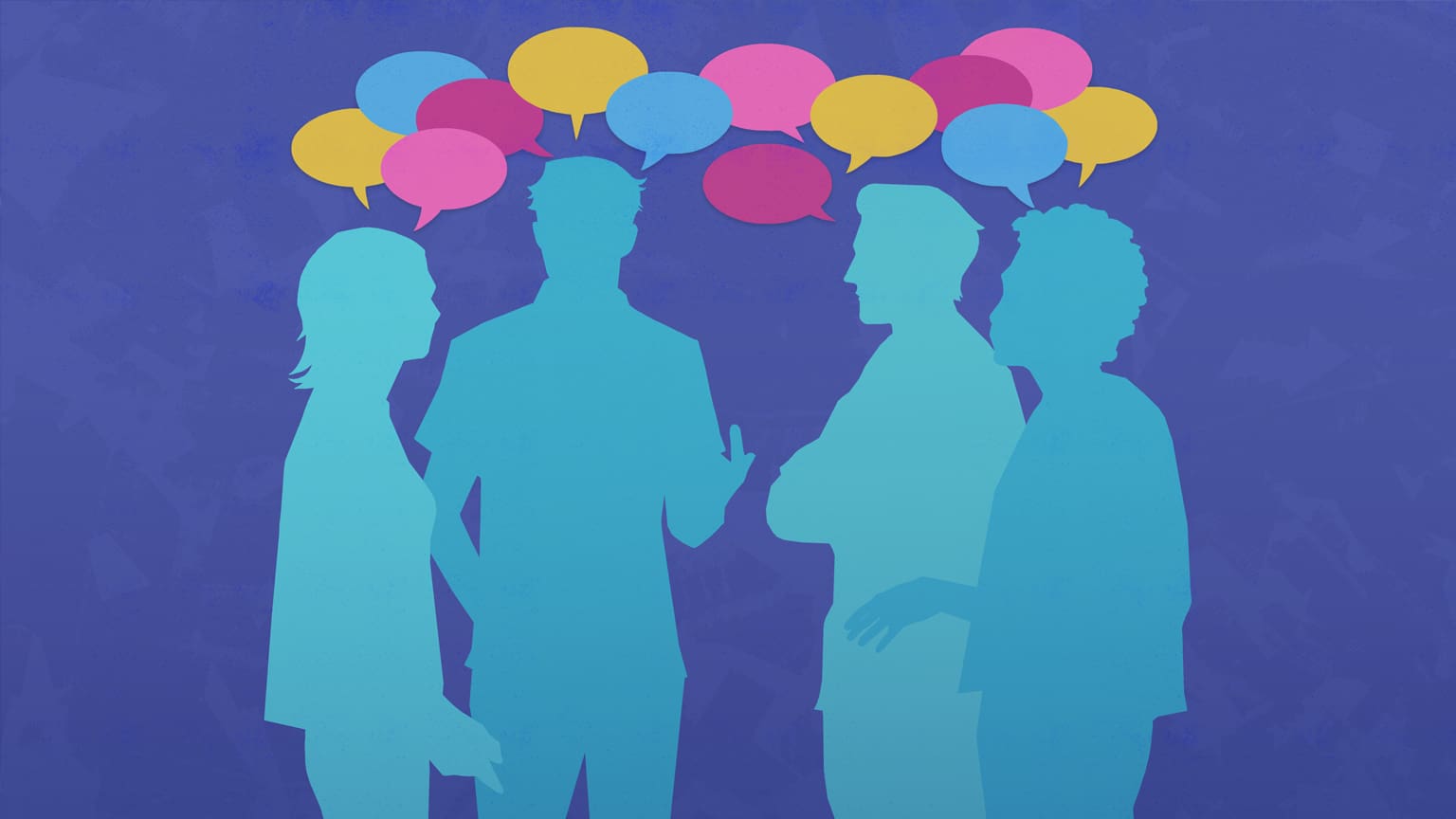
Last month, about 150 philosophers, scientists, and other thinkers gathered at a Baltimore hotel to discuss topics ranging from consciousness to evolution, cosmology to math.
The international Natural Philosophy Symposium was designed to focus on “frontiers of understanding of ourselves and the universe at all scales, speaking across disciplines to communicate what we are learning and what remains to be understood.”
The event was hosted by the Johns Hopkins Natural Philosophy Forum, which is co-directed by philosopher Jenann Ismael, William H. Miller III Professor of Philosophy, and philosopher-physicist Sean Carroll, Homewood Professor of Natural Philosophy. They say the forum, which they founded in 2023, brings together researchers in a variety of disciplines to think about the universe in a systematic way, and describe it as “a space for people interested in investigating the foundations of reality at the intersection of science and philosophy.”
Natural philosophy, Ismael explains, involves “philosophical inquiry into natural phenomena that is continuous with science and addresses questions ranging from the fundamental laws of nature to the place of human beings in the cosmos.”
The event was supported by funds from the 2018 gift to the philosophy department by investor and former doctoral student William H. Miller III.
Here, we share takeaways from the symposium by five panelists and commentators from the Krieger School.
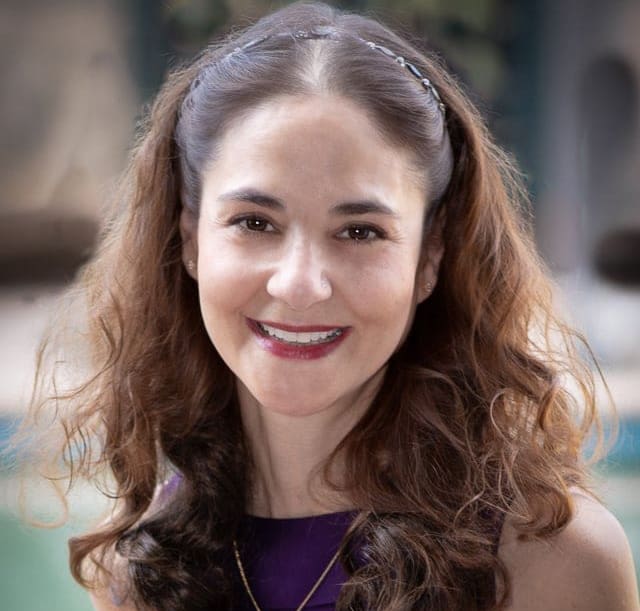
“I think what was coolest about the symposium was that we had all of these people from all of these different disciplines, thinking hard and rigorous ways about questions that traditionally fall into the purview of philosophy. Questions about what is life? What is time? Why does causation have a direction? What distinguishes human cognition from, say, mice or monkeys? In the widest sense, what is the universe like and how do we fit into it? In various ways, scientists are confronting these kinds of big picture questions as science matures.
Even though we didn’t curate the content of the talks, through the course of the symposium, unexpected connections emerged across widely separated domains. And many people told us that in conversations that happened in hallways and over meals, folks found that they had a lot to talk about that they wouldn’t have guessed.”
—Jenann Ismael, William H. Miller III Professor of Philosophy
Symposium co-organizer; presented about agency
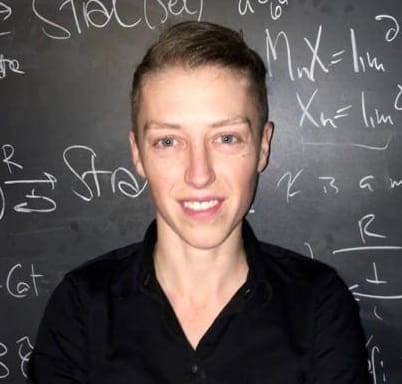
“In the weeks since the symposium, I keep returning to the conversation between Melanie Mitchell and Alison Gopnik on the question of what AIs understand of the world and whether that’s even a meaningful question to ask. Alison Gopnik made a wonderful analogy to the Berkeley library, and pointed out that what is relevant is not what the library “knows” but what a human with a library card can discover using this resource.”
—Emily Riehl, Kelly Miller Professor, Department of Mathematics
Presented about math
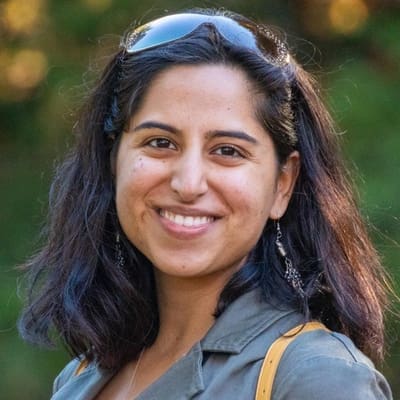
“The most valuable aspect of the conference was witnessing a dialogue between a presenter and a commentator, where ideas were built upon and actively engaged with. One commentator’s contribution made a lasting impact on me. Though my field is not evolutionary biology, a deep, foundational question helped me understand the cliff’s edge of what we know. Was the earliest ancestor of all life on Earth also the origin of life on Earth? This is the point we have to jump off the cliff and wade murky waters.
What completely changed my outlook is learning how game-changing game theory could be, precisely because it’s not a theory. Much like calculus, it’s a tool to construct theories, and a powerful one at that.”
—Saakshi Dulani, postdoctoral fellow, William H. Miller III Department of Philosophy and William H. Miller III Department of Physics and Astronomy
Commentator for session on cosmology
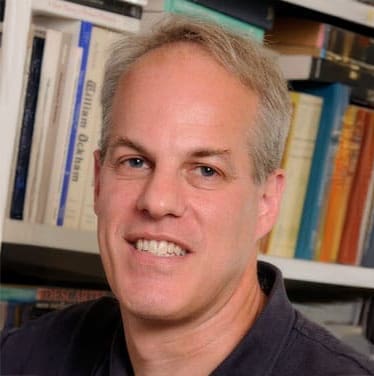
“From talks by Jennifer Nagel, Alison Gopnik, Malcom McIver, and others, and discussions with them and all the many creative folks in attendance, I learned new things about learning: how it changes over the lifetime, how it’s driven by various different kinds of psychological reward, how certain aspects are shared across species, and more. It was especially exciting to see how contributions from engineering, primate ethology, developmental psychology, AI, and philosophy are all broadening and deepening our conception of learning. It’s necessary, exhilarating, and inspiring to pick your head up from the details of your current research and think about how it relates to inquiries across other disciplines and to big picture questions, which is what this symposium did so amazingly.”
—Steven Gross, professor and chair, William H. Miller III Department of Philosophy
Commentator for session on epistemology/mind
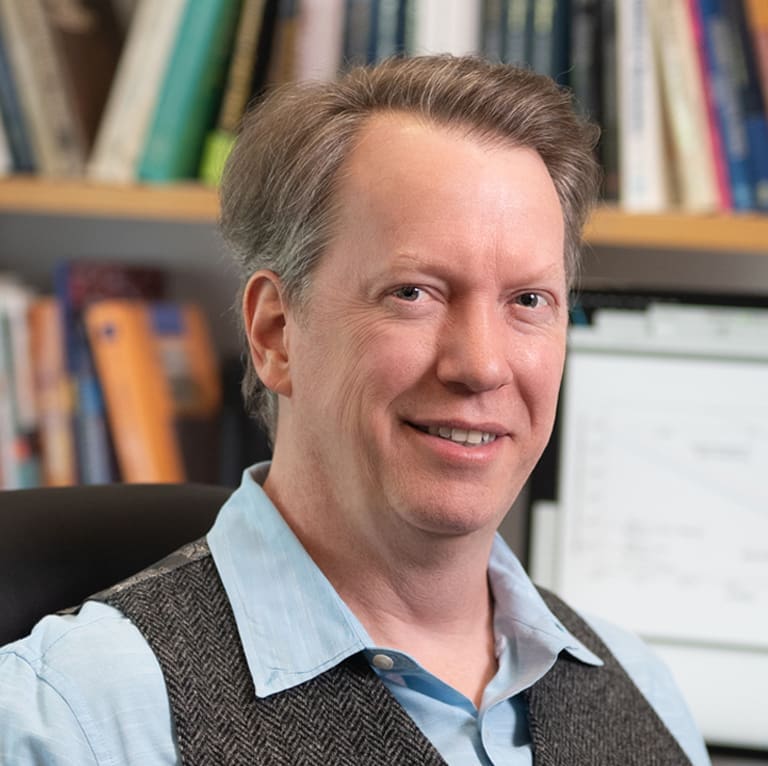
“For me the new ideas didn’t come from individual speakers, but from interactions between them. Philosopher Emily Adlam and physicist Thomas Hertog gave interestingly complementary views on how to deal with many observers in a big universe. Neuroscientist Malcom MacIver talked about the differences in how fish and reptiles make long-term plans, which psychologist Michael Tomasello found to have important implications for his own work on humans and other primates. Bringing new perspectives together is what the Natural Philosophy Symposium was all about.”
—Sean Carroll, Homewood Professor of Natural Philosophy
Symposium co-organizer; commentator for session on fundamental physics

